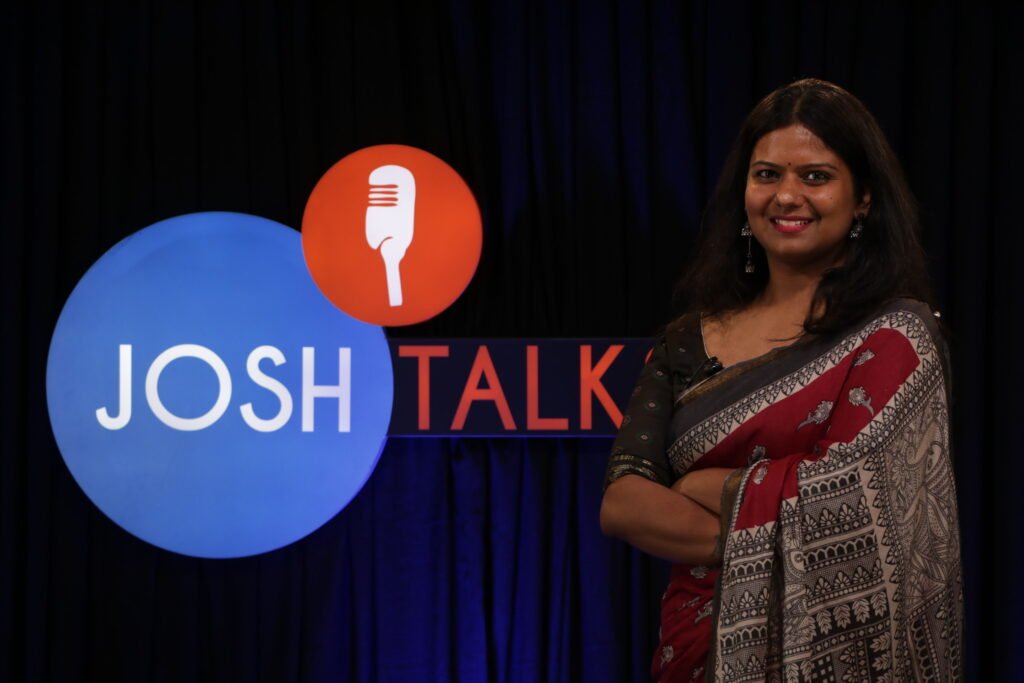
When I first heard about Human Design, I was skeptical. It sounded like another trendy personality test. As I delved deeper, I realized it was something much more profound. Learning about my Human Design type helped me understand myself better and transformed the way I approached my mental balance. I came to understand that are many ways Human Design can affect your mental health.
What is Human Design?
Human Design is a self-discovery system that blends elements of astrology, the I Ching, the Kabbalah and the chakra system to create a unique blueprint of how individuals are energetically wired. The system was created by Ra Uru Hu (born Alan Robert Krakower) in 1987 and provides a detailed chart, known as a BodyGraph, that reveals a person’s natural strengths, weaknesses and tendencies.
Human design categorizes individuals into one of five energy types:
-
Manifestor: Innovators who initiate action and thrive on independence.
-
Generator: Builders with sustainable energy who excel when responding to life’s opportunities.
-
Manifesting Generator: Fast-moving multi-taskers combining Manifestor innovation with Generator energy.
-
Projector: Guides who see the big picture and succeed by waiting for recognition and invitations.
-
Reflector: Sensitive mirrors of their environment, who need time to process and reflect before making decisions.
These types are believed to influence how we interact with the world, make decisions and manage our energy, assisting us with living in alignment with our true nature. You can calculate your type using your birth date, time and place.
The core idea behind Human Design is that by understanding your type, you can better navigate challenges and make choices that support your well-being. Each energy type has its own strategy for living in flow, such as waiting to respond or trusting intuition, which can ease stress or overwhelm.
By learning about your Human Design type, you can gain clarity on your strengths and weaknesses, and this awareness can positively impact your mental health by encouraging self-acceptance and reducing the pressure to conform to societal expectations — some of which can be extremely harmful. For example, more than half of people diagnosed with substance use disorder also experience mental health problems, so taking care of yourself mentally can impact more than just your emotions.
How Human Design improved my mental health
Human Design provides a personalized framework for understanding your energy, which affects your mental health. Human Design revealed that I’m a projector, a type known for being a guide rather than a doer. As someone who has always pushed myself to keep up with others, discovering that I wasn’t meant to work like a generator or manifestor was a huge relief. I often felt drained, stressed and unproductive, constantly berating myself for not being able to maintain the same pace as my peers. Understanding that projectors thrive when they work less and focus on guiding others shifted my entire perspective.
This insight changed the way I approached my writing and my future. I stopped chasing arbitrary goals that didn’t align with who I am and started setting intentions that matched my natural flow. Writing became less about checking boxes or keeping up with others and more about creating work that truly resonated with me and — hopefully — with readers.
Discovering my type also helped me reframe how I envision success. Before, I had this overwhelming pressure to do more, be better and constantly stay busy. However, this mindset left me drained and unmotivated. Human Design showed me that success as a Projector isn’t about doing everything — it’s about doing the right things and waiting for the right invitations. Once I started honoring this, I found more clarity in what I wanted to write about and the kind of impact I hoped to have. Instead of spreading myself too thin, I focused on topics that aligned with my experiences and values, which felt energizing rather than exhausting.










